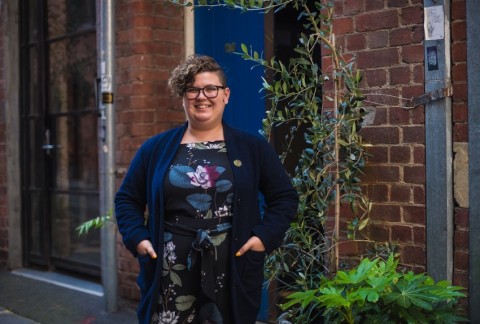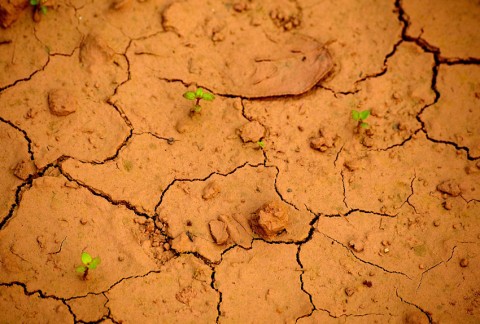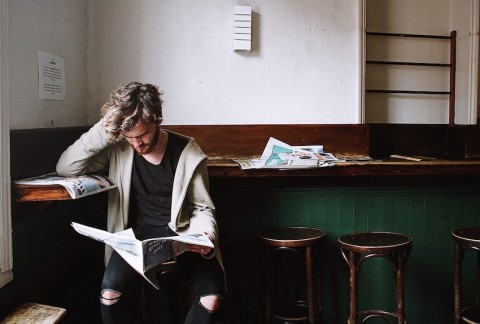Sophie and Jess, two SANE Peer Ambassadors, chat about living with PTSD and complex PTSD. They want everyone to know a meaningful life is possible, and they have hope and love for anyone going through post-traumatic symptoms.
The SANE Blog
The decision to tell a partner about a history of sexual trauma is a deeply personal choice. It can bring up mixed emotions that are hard to sort through.
If you feel ready to have this conversation with your partner, I’m offering some advice to help you feel even more prepared.
In your search for happiness and peace of mind, would you value closer relationships with friends and family, more appreciation for life and a greater sense of your own strength?
You would, right?
But what if you were told the price for this growth, this peace of mind, is a traumatic event? Something so shocking and painful you will be profoundly changed.
When people think of post-traumatic stress disorder (PTSD), soldiers with traumatic experiences of war and people who have lived through disasters often come to mind.
However, trauma can arise from a variety of situations, such as neglect, abuse, domestic violence or abandonment by the primary caregiver.
Remembering the past is important. It defines who we are. But sometimes the process of storing an experience as a memory can go awry.
These memory disturbances can present later in life where the event is relived in the form of a flashback.
A disaster or some other upsetting global event can dominate our thoughts and feelings, our private and public conversations, our homes and workplaces. And with 24/7 news just a click or tap away, it’s very easy to become overwhelmed.
Traumatic events profoundly shock and overwhelm us. We can be exposed to trauma through deliberate harm, by natural disaster or accident, or by witnessing harm to others. It could be a single, vivid event or a pattern of violence, like childhood or domestic abuse. It can happen in public, at work or at home, where we expect to feel safe.
Trauma can be caused by a range of events, from war, terrorism, natural disasters, transport accidents, criminal and domestic violence and childhood abuse and neglect. Being exposed to these events can have lasting physiological and psychological effects.
Post Traumatic Stress Disorder (PTSD) is a condition that can catch you off guard. You’re coping just fine and then — boom! Life becomes difficult. Out of nowhere.
That’s what happened to Ken Kemp, a veteran that served in the Australian Defence Force for 27 years, many of those on deployment.








